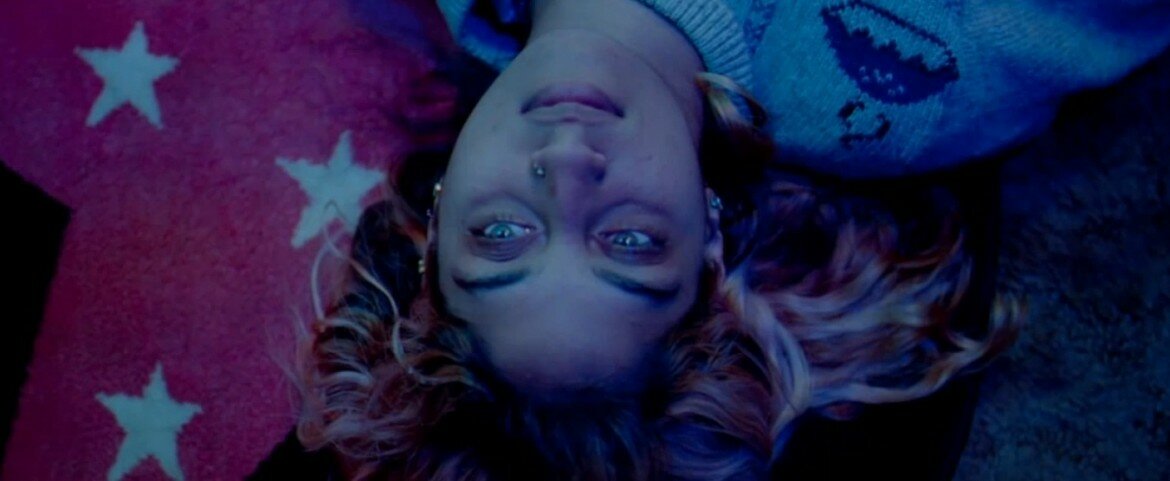Words by Mike Atkinson
The Wolfe brothers’ début is an astonishingly dark string of events collected together inside one relatively experimental work of art. Catch Me Daddy tells the story of Laila (Sameena Jaben Ahmed) and her boyfriend Aaron (Conor McCarron) who have fled home in a fit of passion to the wild expanses of the West Yorkshire moors; Heathcliff and Cathy in a caravan park.
The opening few minutes of the piece jump back and forth between various characters, almost giving the impression that we are moving through time, while simultaneously affording the film a dreamlike quietude before the storm. The horrifying reality of the way in which these characters are linked soon reveals itself: the passionate but fundamentally murderous Zaheer (Ali Ahmad), Laila’s brother, has joined with three other British-Asian men and has paid the utterly terrifying Barry (played by first-time actor Barry Nunney) – who clearly has white supremacist undertones – and the sullen Tony (Gary Lewis) to help track Laila down and bring her home to her oppressive, patriarchal father, with the implication of honour killings underpinning every scene from the moment the connection is made.
In something of a dual critique, Catch Me Daddy at once criticises the empty, amoral greediness of western capitalism by its explication of the horrific acts it can drive people to, and also – more blatantly – honour killings undertaken by strictly religious families operating under a perverted strain of their particular faith. Those who are most vulnerable in both societies suffer most, sometimes horrifically, and it is no accident of course that Laila is placed at the centre of this; a film which exposes the totality of a particular kind of sexism (perhaps ‘patriarchal dominance’ would be more accurate here). Laila is seen as a property by her father, her brother, and their gang of thugs, and as a commodity, a way to earn money, by the white drug dealing gang members who agree to help them find her.
The atmosphere of the film is almost tangible, and certainly its realism shines through, particularly because, for the most part, it was shot in West Yorkshire (where it is set) with Rochdale in Greater Manchester providing additional bleak urbanity to the hills. These hills preside over the action just as Laila’s father does, a constant background presence, twisting and turning events to his benefit. He’s an unseen antagonist, but one around which the entire film centres – the men searching for Laila and Aaron acting as his outstretched arms getting tantalisingly close, ready to catch hold at any moment.




